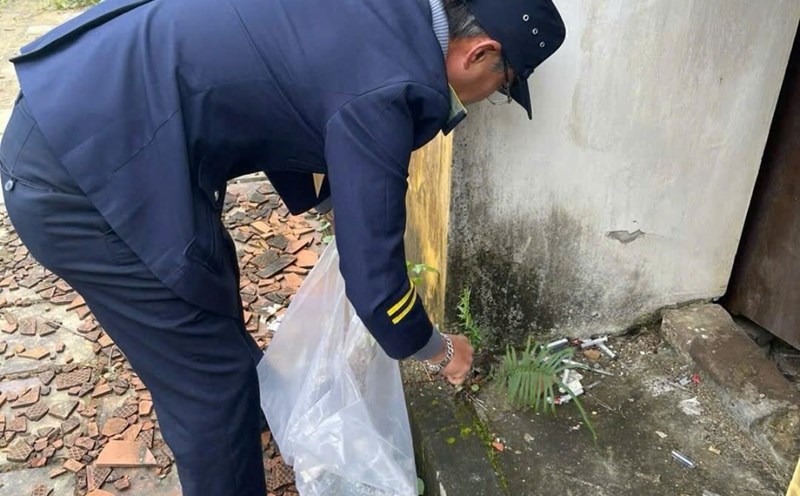According to Dr. Laura Markham, a child education psychologist at Columbia University (USA), the key lies in building a positive habit and attitude instead of punishing or replacing children. Here are 5 simple but effective tips that she recommends:
Turn clean up into games
Instead of the dry order, use the creativity to see who picked up more toys for 2 minutes, or opened the lively music and moved in the beat. "Children respond better with joy rather than pressure," Dr. Markham emphasized.
Clear subdivision
A messy room often stems from where children do not know where to put things. Box, sticker, or even illustrated images where it helps children to remember more easily.
Praise at the right time
Instead of scolding, putting pressure on children, try and encourage children at the right time, because children need to be recorded to strengthen good behavior, not only reminded when doing wrong.
Be a model but not a replacement
Children learn the fastest through observation. If parents always keep the space clean, children will easily form the same standard. But if parents clean up each time, children will not see the reason for themselves.
Set a fixed cleaning time each day
A fixed time frame (for example, 15 minutes before bed) makes cleaning a habit like brushing teeth. "The consistency is a fertile land to sow discipline," expert Markham said.
Cleaning the room is not just a clean matter, but the first lesson of responsibility, independence and space management skills. Do not wait until the older child taught because of the best formation habits in the first years of life, with the patience and intelligence of adults.











